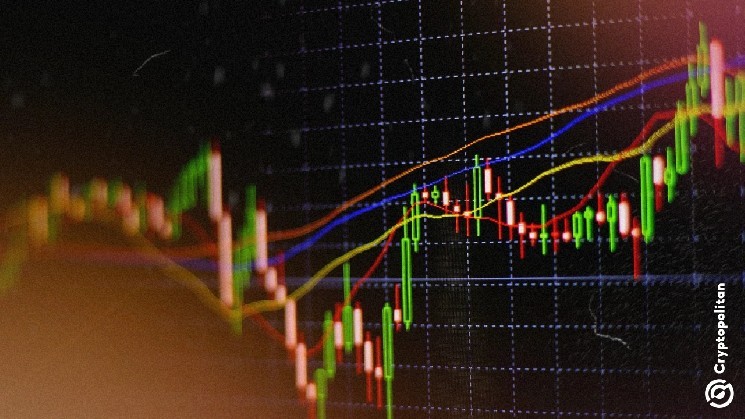The total market capitalization of the Magnificent 7 reached $20.8 trillion, exceeding the EU’s GDP of $19.4 trillion.
The European Union’s GDP is expected to be USD 19.42 trillion in 2024 and increase slightly to over USD 19.65 trillion in 2025. european commission revealed Spring forecasts forecast real GDP growth of 1.1% in the EU and 0.9% in the euro area in 2025, roughly the same as the growth rate achieved in 2024.
The Magnificent 7 dominates the global market
Nvidia reported The company has a market valuation of $4.3 trillion, trailing 12-month revenue of $165.2 billion, and gross profit of $115.4 billion.
Microsoft reported a market valuation of $3.85 trillion. Microsoft’s revenue for the fourth quarter of 2025 totaled $76.4 billion, an 18% increase year-over-year. net profit increased Operating income increased 24% to $27.2 billion, and operating income increased 23% to $34.3 billion. Diluted earnings per share were $3.65, an increase of 24% from the prior year.
As of October 2, Apple had a market value of $3.78 trillion, including gross profit of $190.7 billion and 12-month sales of $408.6 billion, resulting in an annualized return of 17.52% over the past five years.
google alphabet had It has a market valuation of $2.95 trillion, sales of $371.4 billion, gross profit of $218.9 billion, and a five-year annualized return of 27.07%. Amazon had The market valuation is $2.34 trillion, sales are $670 billion, and gross profit is $332.4 billion. Amazon’s five-year return is 6.39%.
Meta also reported a market valuation of $1.84 trillion, sales of $178.8 billion, gross profit of $146.5 billion, and a five-year annualized return of 22.61%. As of October 2, Tesla had a market value of $1.48 trillion, supported by $16.2 billion in gross profit and $92.7 billion in 12-month sales, resulting in a five-year annualized return of 24.38%.
World leaders warn that tech giants are pushing valuations beyond fundamentals
🇺🇸🇺🇸
Currently, more than 50% of the US market capitalization is pure tech companies.
The defense collapsed to less than 15%.
This isn’t diversification – it’s a tech empire 🇺🇸🇺🇸 $tsla $nvda $google $appl #Bitcoin $qqq pic.twitter.com/taa4SxxSME— Hod | Code2Capital (@HodTzdama) October 3, 2025
David Solomon, CEO of Goldman Sachs, warned Speaking at Italian Tech Week in Turin on Friday, he said the AI investment frenzy may have gone too far and that the stock market is in for a “fall”.
Solomon said major U.S. stock indexes have hit record highs, following this year’s highs on hopes of artificial intelligence. He argued that there is a good chance that not all such investments will yield significant returns. He pointed out that the internet boom of the late 1990s and early 2000s sparked a frenzy of investment in technology companies at the time. Mr. Solomon reminded the audience that the Internet boom was followed by a dramatic burst, commonly known as the “dot-com bubble.”
“I wouldn’t be surprised if we see a decline in the stock market over the next 12 to 24 months.”
david solomonCEO of Goldman Sachs
Jeff Bezos has called the wave of AI investment an “industrial bubble.” He also emphasized that innovations emerging from these AI investment cycles can still have long-term benefits. Bezos said the market is searching for the next big breakthrough, reminiscent of the dynamics of past bubbles. He added that the dynamics of previous bubbles are why many small AI ventures with weak foundations receive investment.
Dario Perkins, managing director of global macro research at TS Lombard, said on October 3: raised He sounded the alarm when he noticed that big technology companies were increasingly using off-balance sheet loans and special purpose vehicles (SPVs) to finance AI equipment. Perkins said this is a “recognition that things are getting out of hand.” Perkins emphasized that these borrowing techniques hide the true leverage and risk exposure of companies like Meta, which requested $29 billion in private loans to expand its AI data center.


